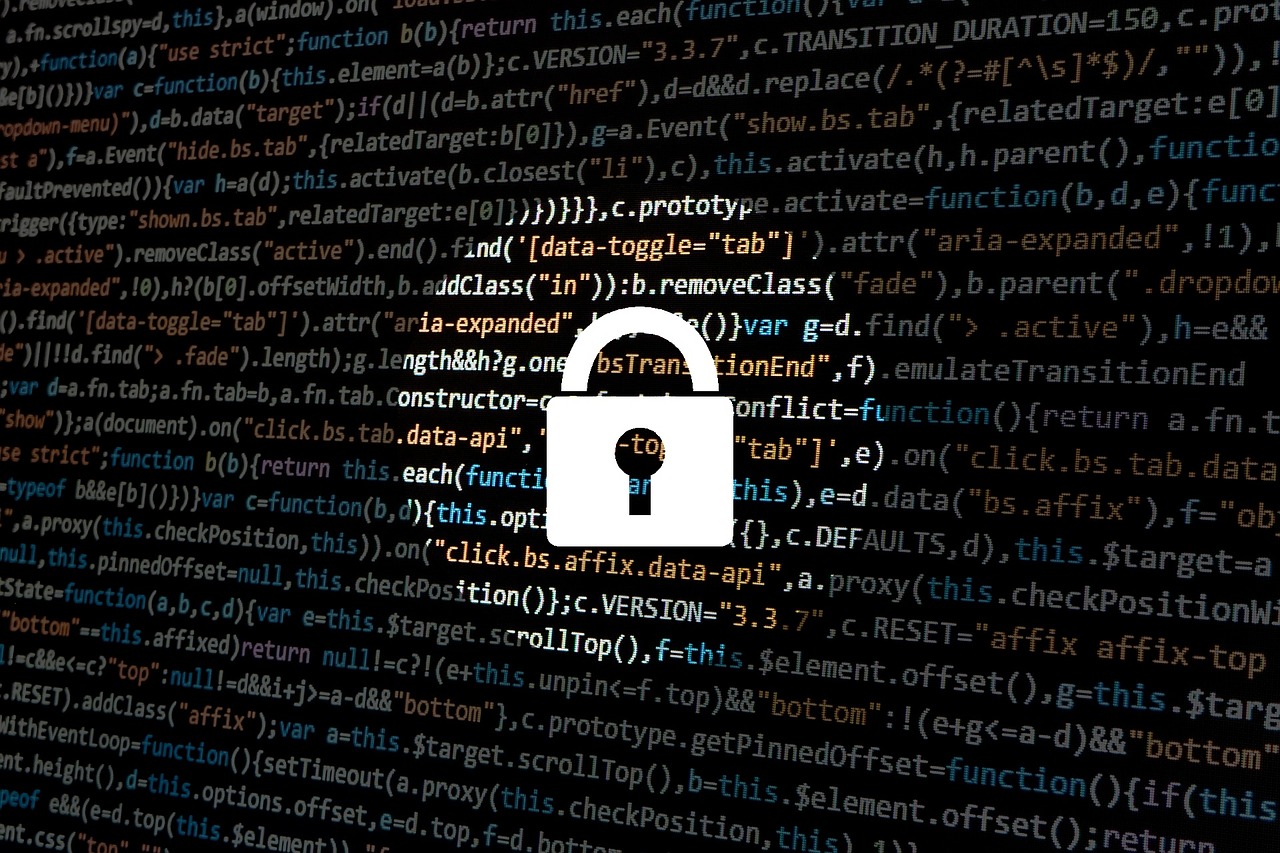
403
Sorry!!
Error! We're sorry, but the page you were looking for doesn't exist.
Many Americans still use Russian cybersecurity company`s antivirus software
(MENAFN) Despite a government-imposed ban on Kaspersky Labs, a Russian cybersecurity company, many Americans are still using its antivirus software. The ban, enacted in June due to alleged security concerns, required Kaspersky to shut down its operations in the United States. However, a TechCrunch report highlights that some users have found ways to circumvent these restrictions.
The report notes that various American users have taken to platforms like Reddit to express their skepticism about the reasons behind the ban. Many users claim that Kaspersky’s antivirus is among the best available, citing its long-standing reputation and effectiveness. One Reddit user stated, “It’s well-known to be the best [antivirus] in the world and has a long track record. There’s 0 actual evidence of it being ‘spyware’ and I can’t just blindly believe something that has no evidence supporting it.”
Another user from New York, who continues to use Kaspersky antivirus, expressed indifference toward the allegations of data theft, stating simply, “It’s a nice product.” Many users reported that they managed to maintain access to Kaspersky's services by using previously purchased licenses or keys. Some are utilizing virtual private networks (VPNs) or have added non-US servers to their Kaspersky settings to bypass the restrictions and continue receiving updates.
One user shared that they purchased an international license key on eBay and configured their software to connect to an update server located outside of the US to keep their antivirus updated. When asked about future plans once their license expires, users mentioned they might switch to a different provider or continue using Kaspersky if their VPN solutions remain effective.
This situation raises questions about the enforcement of the ban and the challenges of regulating software use in an increasingly interconnected digital landscape. While the US government has expressed concerns over Kaspersky's ties to the Russian government, the ongoing usage by American consumers indicates a significant divide between regulatory actions and user preferences in cybersecurity solutions.
The report notes that various American users have taken to platforms like Reddit to express their skepticism about the reasons behind the ban. Many users claim that Kaspersky’s antivirus is among the best available, citing its long-standing reputation and effectiveness. One Reddit user stated, “It’s well-known to be the best [antivirus] in the world and has a long track record. There’s 0 actual evidence of it being ‘spyware’ and I can’t just blindly believe something that has no evidence supporting it.”
Another user from New York, who continues to use Kaspersky antivirus, expressed indifference toward the allegations of data theft, stating simply, “It’s a nice product.” Many users reported that they managed to maintain access to Kaspersky's services by using previously purchased licenses or keys. Some are utilizing virtual private networks (VPNs) or have added non-US servers to their Kaspersky settings to bypass the restrictions and continue receiving updates.
One user shared that they purchased an international license key on eBay and configured their software to connect to an update server located outside of the US to keep their antivirus updated. When asked about future plans once their license expires, users mentioned they might switch to a different provider or continue using Kaspersky if their VPN solutions remain effective.
This situation raises questions about the enforcement of the ban and the challenges of regulating software use in an increasingly interconnected digital landscape. While the US government has expressed concerns over Kaspersky's ties to the Russian government, the ongoing usage by American consumers indicates a significant divide between regulatory actions and user preferences in cybersecurity solutions.

Legal Disclaimer:
MENAFN provides the
information “as is” without warranty of any kind. We do not accept
any responsibility or liability for the accuracy, content, images,
videos, licenses, completeness, legality, or reliability of the information
contained in this article. If you have any complaints or copyright
issues related to this article, kindly contact the provider above.

















Comments
No comment